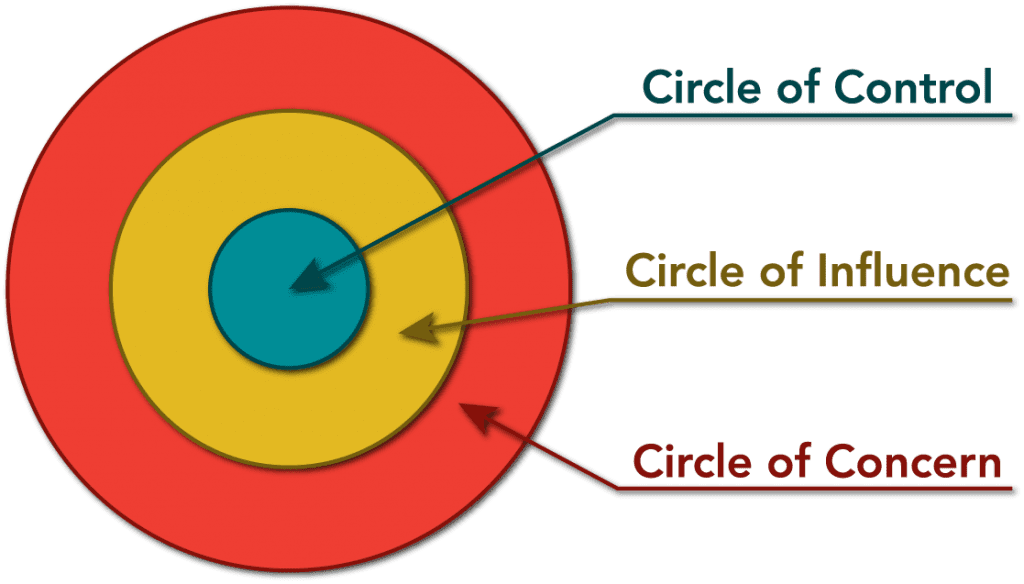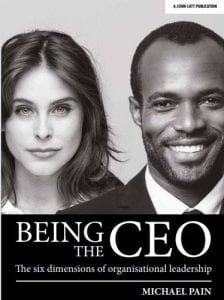None of us will forget the last few weeks for the rest of our lives. Whilst the country faces tragedy and uncertainty not seen for generations. our public service leaders have risen to the challenge – with a mix of moral purpose, determination, and adrenaline! Leaders are right under the spotlight and are taking rapid and high stakes decisions each and every day. I look upon this with both admiration and some worry.
In our support seminars for CEOs last week, and in my one to one coaching sessions, a number of themes have come up. I’d like to share some of my advice, based on those conversations…
1. Get some rest (whenever you can)
CEOs and leaders are human beings. Yet you’ve spent weeks being asked to plan rapidly – with little information – and make decisions that weigh heavily. ‘Perform’ has become ‘survive’. There have been early mornings and late late nights. All eyes have been on you. This all takes its toll, often without us noticing it thanks to adrenaline.
Here’s an important truth: your ability to make good decisions will decrease the more tired you become. Again, you may not notice this until it is too late. You must routinely delegate to those you trust (temporarily but sufficiently) and you must find time to slow down and switch off – read a book, watch a film, spend time gardening – but try not to think about work during this time. If our leaders are ill they are of no use to anyone and they also risk getting something very wrong. Remember this when you get the nagging voice in your head saying ‘back to work’, when you just need a few hours of rest!
Rest and recuperate at every opportunity. Successful leadership through crisis often requires us to be innovative and adaptive (within our circle of control) – that means slowing down our thinking for better judgment, not ramping it up. I find meditation helps. Whatever it is that helps you slow down, give it the time and space it needs. As our friend and associate Dr. Claudia Nagel tells executive leaders “by embracing art and nature we invite the replenishment needed to lead in times of high challenge.”
We have established a ‘Wellbeing Steering Group’ to capture best practice and inform policy development at the DfE: https://forumstrategy.org/trustleaders-wellbeing-steering-group-summer-2020/
You can read Dr Claudia Nagel’s article, ‘leading through the paradox presented by COVID19, here: https://forumstrategy.org/covid19-you-lead-out-of-the-paradox/
2. Consider what you can control and what you can’t; don’t be pulled down by what you can’t
Every time you switch on twitter, read another article, or watch the news you will feel this nag that you should be doing more. Children are at home, and you can only do so much. The government guidance is limited, and you can only do so much with it. The economic costs and implications are uncertain. No one knows when the lockdown will end or exactly when and how the schools will return yet. Always ask the question, can I be content that I am doing enough given the information I have and severe restraints within which I am now operating?
As a leader you are used to much more control, but much of that has been taken away. That’s unnerving and our natural response is to do more in order to get a sense of regaining it. Don’t beat yourself up or exhaust yourself trying to regain it – it’s not your fault that it’s disappeared. Ask, ‘what can i do, in the role I am in and with the influence I have, today, that is in my sphere of control?’ -Focus on that, you will feel content and better able to be creative, innovative and adaptable where you do have control and influence. Don’t try to be a superhero. As CEO Jane Stevenson says “those who take on the challenges without carrying the weight of them personally have more internal space to be creative. Taking on today’s challenges personally adds enormous weight to an already heavy load.” You’re a CEO, but you’re not superhuman!

Note: in relation to returning to work, many CEOs are recognising that they are not health and safety or public health experts. In order to make these key decisions they are commissioning external experts who can provide them with the data, assessment and subsequent advice upon which they can make an informed and secure decision. I still see some CEOs who are outside of their circle of control because they are relying too much on their own judgment here or do not have access to such expertise. Seek expert advice, triangulate it, then make a decision!
3. Ignore ‘the noise’
Everyone has an opinion. People lecturing via social media or click bait articles will make you feel worse not better. They’ve got something to sell, and it’s not peace of mind. If these writers and thinkers are not ‘in the arena’, then please ignore them if they just make you feel more anxious. That doesn’t mean you should stop learning from others during the crisis, we all need to learn rapidly right now – but we can only do so much.
Follow and keep in touch with people who are operating in a sphere of control similar to your own, learn from what they are doing, remembering that some of it will be useful to adopt and some it won’t apply to you and your situation. Find clear, to the point, and regular sources of helpful information – such as Forum Strategy’s briefings.. Don’t beat yourself up because someone is doing something that you’re not, it’s likely you’ve been focusing on the needs of your own context and that your ‘quiet’ leadership is making a difference. Quiet leaders are doing amazing things right now.
I often describe this as having reference to your inner scorecard, rather than the outer scorecard set by others. Be kind to yourself, and be true to your beliefs and values.
4. Focus on ‘what’s next’, the big picture
As David Strudley said in a recent article for Forum Strategy, none of this changes your mission or vision. It will change your strategy and most certainly your tactics. We all need to maintain/generate optimism and a sense of a better tomorrow. That’s not about self-therapy, it’s the role of a leader to ask ‘what’s next?’ and keep people focused on the bigger, better picture.
This is a time where you begin to spend more time with yourself, thinking about the future and what this all means. Doing that actually takes enormous courage and self discipline right now. I encourage you to read, think, and reflect beyond the education press, the endless guidance, or the day to day noise of social media – follow your interests and your heart. It will provide a sense of renewal, a chance to reconnect with yourself, and it will open your mind to new possibilities and ideas about the future at the same time. That’s your opportunity – and there must be opportunity if we are to sustain – in all of this sadness and madness.
Read our paper: What next after COVID19: https://forumstrategy.org/what-next-after-covid19/
5. Stay positive
Staying in your sphere of control and following your heart at this time will enable you to stay positive. Also, stay in touch with trusted colleagues and a coach who you know will encourage you, support you, and help you generate realistic optimism. For goodness sake don’t become isolated from these people and ask for their help or at least a listening ear. People generally like it when we ask for their help, and I’ve certainly been making use of my mentors these past three weeks! We can only stay positive if we create the conditions for doing so. Positivity and optimism never comes by chance.
Note: There’s a positive future to shape out of all of this. Here’s some ideas that are emerging already: https://forumstrategy.org/its-time-for-a-purer-more-community-focused-notion-of-accountability/
6. Tell all of this to your teams…
Your teams will – as ever – look to you for direction. Your behaviours and tone will be reflected in theirs. Calm, considered and thoughtful communication has never been as important as it is now – psychological safety is the first priority, and it cascades from your senior team. As the CEO of Nissan recently said: “We should not be exaggerating the situation or unnecessarily inviting panic mode or uncertainty among our employees.” Be honest, but don’t generate unnecessary fear.
If you can demonstrate all of the above in this article to your team, you will come out of this stronger, more cohesive and happier too! Rather than a time to disconnect with panic and fear, this is a time to reconnect with the sense of purpose and ambition that you all share. Don’t miss that opportunity to rediscover this and discover it in one another. I am impressed how many of our CEOs and trusts are preparing to have these conversations in the coming weeks; they will come out of this clearer and stronger about who they are and where they are doing as a unit. As Kevin Cashman of Korn Ferry said recently: “Purpose can be set aside very easily in a crisis bUT we have to remind ourselves that purpose elevates us from survive to thrive. Purpose clearly shows up in world-class leaders in a crisis.” You and your team will find the positive energy you all need in having those conversations.
Michael Pain is the founder of Forum Strategy and author of ‘Being The CEO’.


